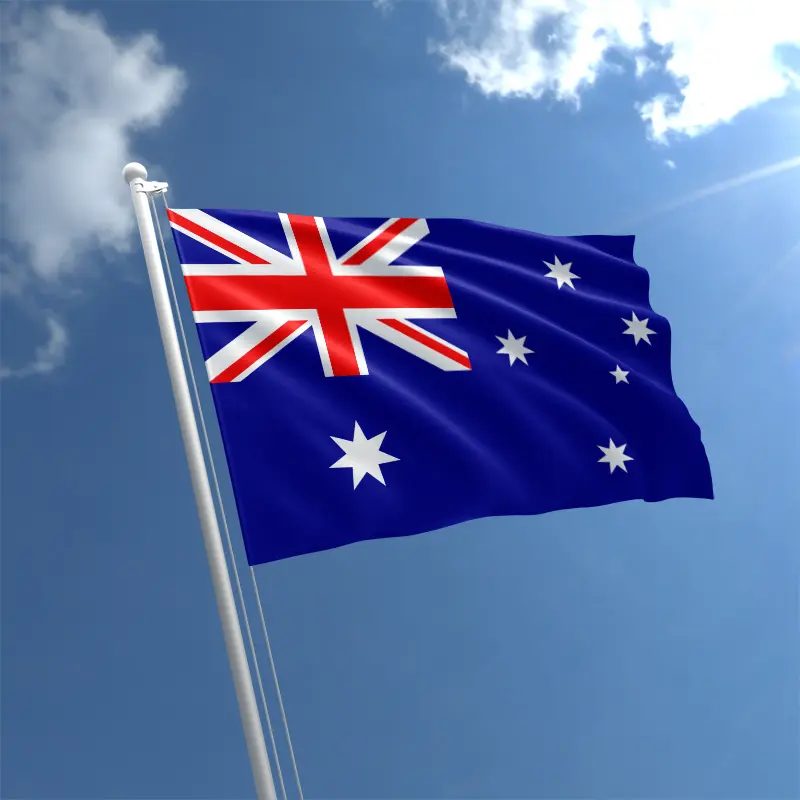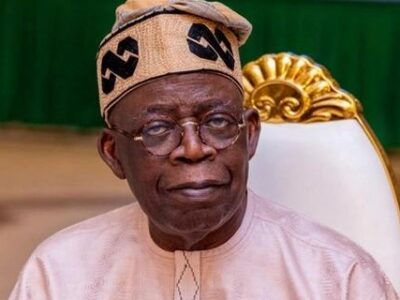
Australia has firmly declined a proposal from Beijing to form a united front against escalating US tariffs, choosing instead to broaden its global trade partnerships and reduce reliance on China — its largest trading partner.
Deputy Prime Minister Richard Marles made this clear in an interview with Sky News on Thursday, emphasizing that Australia would not side with China in any global trade confrontation.
“We are not going to be holding hands with China in respect of any contest that is going on in the world,” Marles stated. “What we are doing is pursuing Australia’s national interests and diversifying our trade around the world.”
Marles noted that Canberra would continue to strengthen economic ties with regions such as the European Union, India, Indonesia, Britain, and the Middle East in a bid to boost economic resilience.
China’s ambassador to Australia, Xiao Qian, had earlier urged Australia to collaborate with Beijing in defending the multilateral global trading system.
“Under the new circumstances, China stands ready to join hands with Australia and the international community to jointly respond to the changes of the world,” Xiao said.
This diplomatic exchange follows a major policy shift from US President Donald Trump, who on Wednesday announced a temporary easing of duties on several countries while significantly increasing tariffs on Chinese imports — from 104% to 125%. Australia was not spared, with a new 10% tariff imposed on its exports, despite the nation’s long-standing alliance with the US in the Indo-Pacific.
Prime Minister Anthony Albanese condemned the US tariff, describing it as baseless but insisted that Australia would not retaliate.
The Reserve Bank of Australia has warned that the growing uncertainty surrounding international trade tensions — particularly between the US and China — could dampen business investment and household spending in Australia.
Analysts note that with nearly one-third of its exports going to China, Australia faces a delicate balancing act amid intensifying geopolitical and economic rivalries.




















Comments